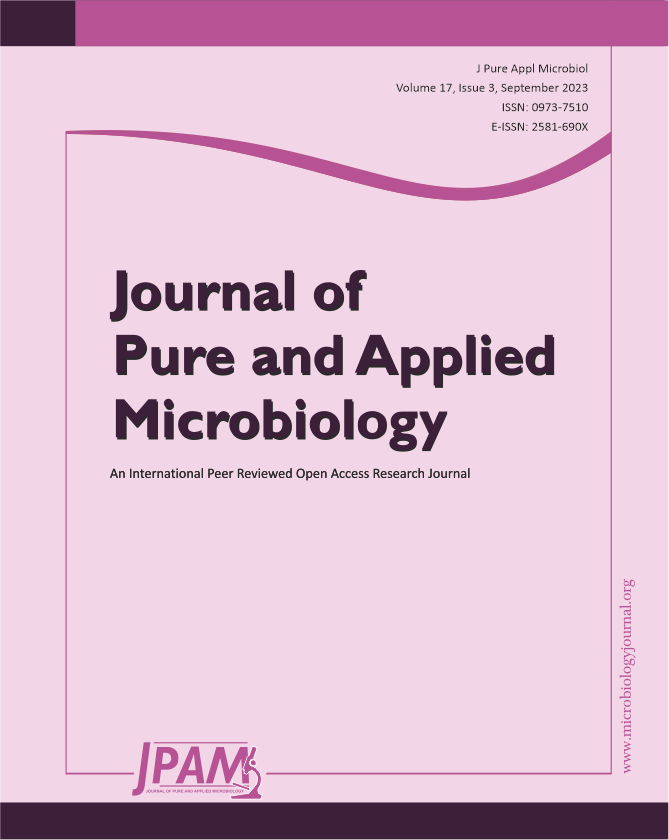We discover essential enzymes catalyzing critical metabolic reactions as potential drug targets, which may help to fight Listeria infections and their associated secondary infections extensively and effectively. A comparative metabolic pathway approach has been applied to identify and determine putative drug targets against Listeria monocytogenes. For this, enzymes unique to pathogenic pathways of L. monocytogenes EGD-e were determined using the KEGG database. They were further refined by selecting enzymes with sequences non-homologous to the host Homo sapiens and analysing their essentiality to the pathogen’s survival. We report 15 essential pathogen-host non-homologous proteins as putative drug targets that can be exploited for development of specific drug targets or vaccines against multidrug resistant strains of L. monocytogenes. Finally, four essential enzymes from the pathogen: UDP-N-acetylglucosamine 1-carboxyvinyltransferase, Acetate kinase, Phosphate acetyltransferase, and Aspartate kinase were reported as novel putative targets for vaccine and drug development against L. monocytogenes infections. Unravelling novel target proteins and their associated pathways by comparing metabolic pathway analysis between L. monocytogenes EGD-e and host H. sapiens, develops the novelty of the work towards broad spectrum putative drug targets. This research design yields putative drug target critical enzymes that turn out to be fatal to the pathogen without interacting with the host machinery.
Listeria monocytogenes EGD-e, Homo sapiens, Comparative Metabolic Pathway Analysis, Critical Enzymes, Novel Putative Drug Targets
© The Author(s) 2023. Open Access. This article is distributed under the terms of the Creative Commons Attribution 4.0 International License which permits unrestricted use, sharing, distribution, and reproduction in any medium, provided you give appropriate credit to the original author(s) and the source, provide a link to the Creative Commons license, and indicate if changes were made.


